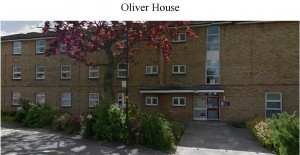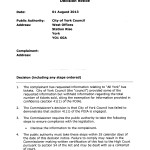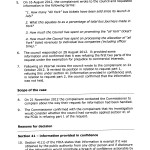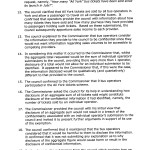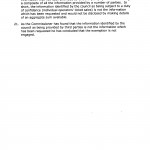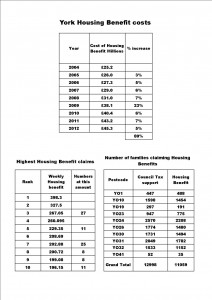The Council’s first review of its expenditure this (financial) year suggests that it is heading for an over spend of £3.7 million.
Such a forecast is not without precedent and tends to reflect the most pessimistic view of trends.
However the nature of the possible over spend is important and here £1.1 million is put down failures in social services. Essentially, more and more people are arranging their own care packages and receiving direct payments from the council.
A £227,000 shortfall in car parking income is being reported, although this is offset by fewer pensioners using bus services in the City.
For the first time York will be able this year to keep the Business Rates that it generates within the City.
After adjustments to reflect relative prosperity, the City is forecasting that it will receive £23.2m. Part of any income above this figure will be kept by the Council (although Labour have agreed to pay the “surplus” into a West Riding “rates pool”).
The Council has discontinued its policy of reporting on public service performance indicators. So it will be another 3 months before the scale of the decline in service quality becomes public.



